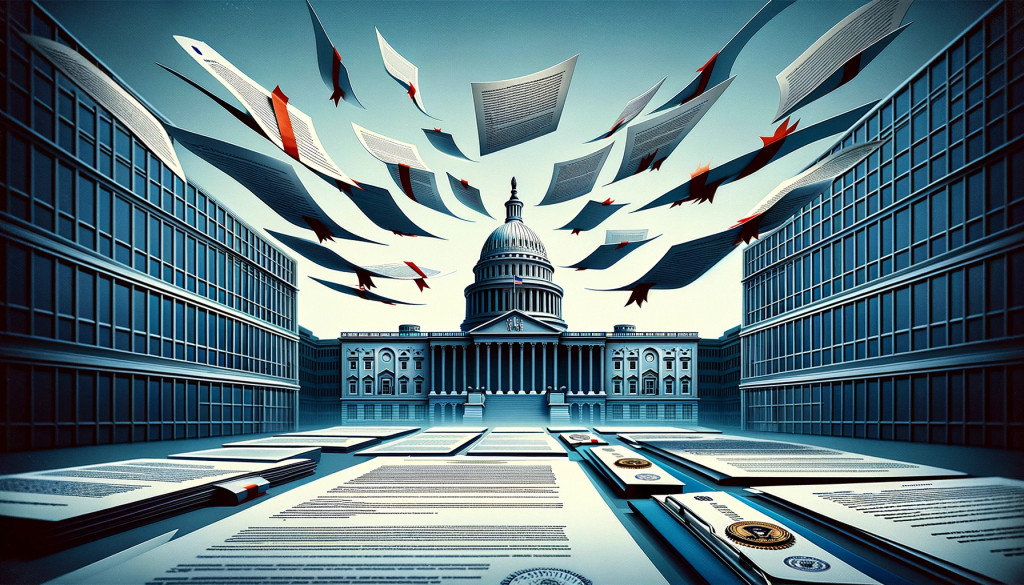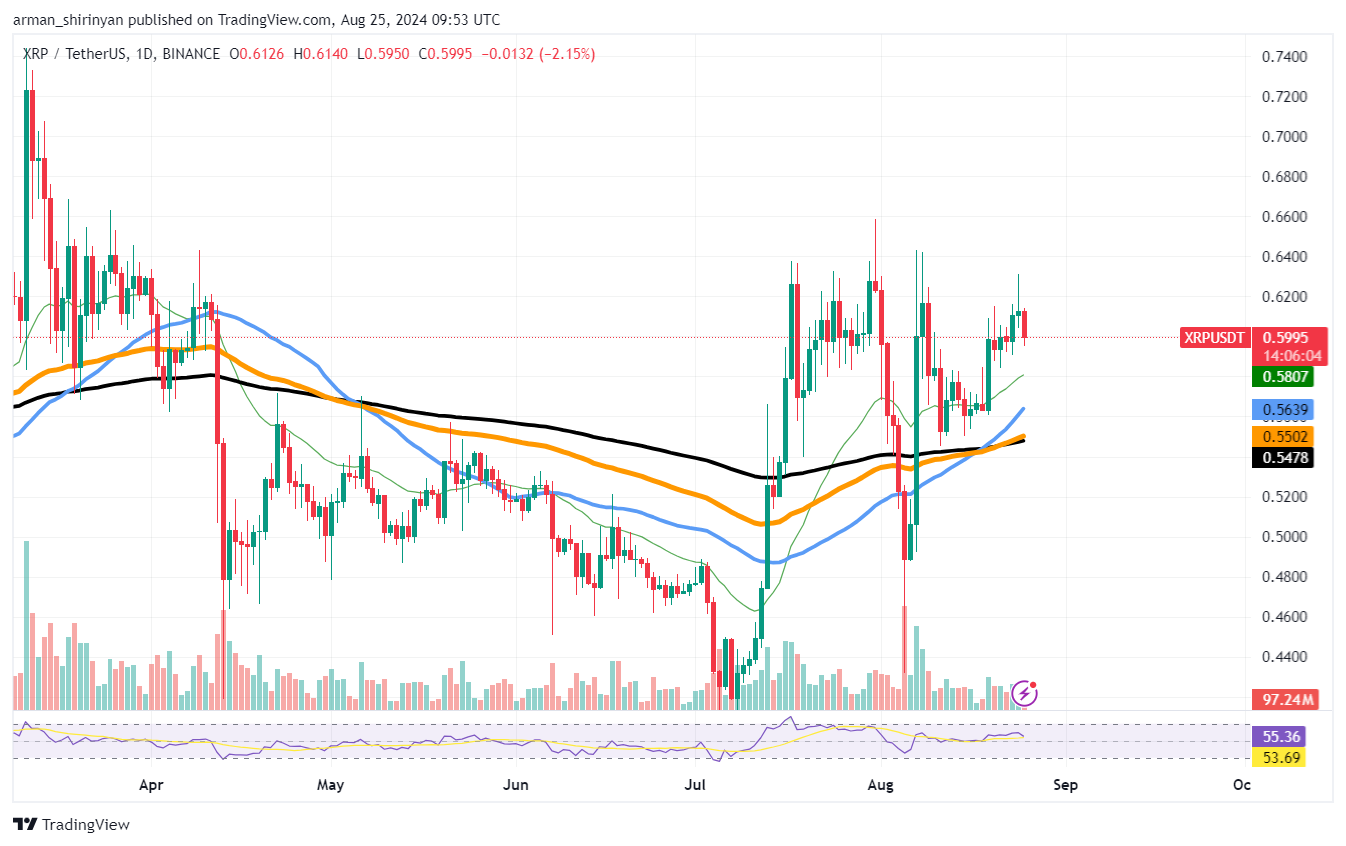As per the latest developments, the U.S. House of Representatives has passed a significant bipartisan move, resolving to overturn a Securities and Exchange Commission rule that mandates cryptocurrency custodians to record customer holdings as liabilities.
This legislative step highlights the growing discord between regulatory frameworks and the evolving landscape of digital assets.
Bipartisan Support Challenges SEC’s Stance
Both Republicans and a notable number of Democrats have shown high support for the resolution to the SEC’s Staff Accounting Bulletin No. 121 (SAB 121), which was originally issued in 2022.
SEC’s Staff Accounting Bulletin (SAB 121) requires every financial institution that holds cryptocurrencies on behalf of customers to treat these crypto holdings as liabilities. Many argue that this regulation acts as an excessive financial burden on such crypto-holding institutions.
However, a rare bipartisan agreement was reached on this cryptocurrency regulation, with the House passing the measure by a vote of 228-182.
Republican Patrick McHenry, the Chairman of the House Financial Services Committee, criticized the SEC’s approach.
“Staff Accounting Bulletin, or SAB, 121 is one of the most glaring examples of the regulatory overreach that has defined Gary Gensler’s tenure at the SEC. Through SAB 121, the Commission is trying to dictate how financial institutions and firms safeguard Americans’ digital assets under the guise of so-called staff guidance,” he said in this statement to the House.
However, Democrat Representative Maxine Waters defended the SEC’s regulation. His stance was that the SAB 121 regulations focus on maintaining transparency within these crypto institutions and act to protect consumers from fraud, examples of which include the identification of several high-profile crypto firm collapses.
White House and Senate Response
With a rare bipartisan agreement, the resolution has advanced to the Senate. However, the future of the resolution remains undetermined.
The White House has already expressed opposition. Should it pass the Senate, President Biden is poised to use his veto power against the resolution. The administration is worried that if SAB 121 is revoked, it could lead to greater financial instability and market uncertainty in the already volatile U.S. market.
On the plus side, Senator Cynthia Lummis, a major proponent of the digital asset sector, introduced a companion measure in the Senate. It signals ongoing legislative efforts to reshape how digital assets are managed and regulated.
Vice President of Policy at the Chamber of Digital Commerce, Cody Carbone, represented the voices of the digital commerce industry in the House, saying that the resolutions against the SAB 121 are optimistic.
However, Carbone expressed his disappointment in the potential presidential veto by saying, ” Disappointed that President Biden issued a Statement of Administration Policy saying he would veto H.J. Res 109, the Joint Resolution to nullify the SEC’s Staff Accounting Bulletin (SAB) 121.”
The U.S. House of Representatives’ decision to override the SEC’s crypto custody rule is a game-changer in the vast debate on regulation and innovation in the digital asset space. If it moves to the Senate, such a resolution will have a tremendous effect on the operational environment of the financial institutions dealing with cryptocurrencies and the market at large in terms of stability.







